FTC Issues Travel Scam Warning: How to Book Your Vacation Safely
Planning vacations can be exciting, and nerve-wracking. Are we getting the best prices? Is it safe to travel where we want to go? How do we know if a site or business is reputable for making reservations? The Federal Trade Commission (FTC) has recently issued a cautionary message aimed at empowering travelers to distinguish between genuine opportunities and potential scams, and there are some well-known prudent approaches that we should all make sure to adhere to.
As you gear up for your much-anticipated trip, here’s a guide packed with invaluable insights to ensure a smooth, safe, and scam-free travel experience.
Understanding the FTC Advisory: Navigating the Travel Landscape

In its latest advisory, the FTC underscores the necessity of exercising caution, particularly when encountering remarkably low-priced or ostensibly free travel packages. With summer vacations looming on the horizon, scammers are poised to exploit unsuspecting travelers. By heeding the FTC’s guidance, you can fortify your defenses against fraudulent schemes and safeguard your hard-earned money.
Essential Strategies to Thwart Travel Scams

There are many safety precautions to take into consideration, and they should become part of any trip planning.
Conduct Diligent Research

Before committing to any travel arrangement, take the time to conduct thorough research. A quick online search, coupling the name of the travel provider with keywords such as “scam,” “review,” or “complaint,” can unveil valuable insights from fellow travelers.
Use Available Tools

Explore reputable travel forums and review platforms to gauge the provider’s reputation and discern any red flags that warrant scrutiny. By leveraging these resources, you can glean firsthand experiences and steer clear of dubious operators. This is a good article on How to Use Travel Forums Effectively
Check out:
- Tripadvisor
- Fodor’s Travel Talk Forums
- Expedia
- Lonely Planet
- Good old Google
- Don’t overlook Quora and Reddit
Women On The Road provides a nice overview of their pick of forums.
Demand Complete Transparency
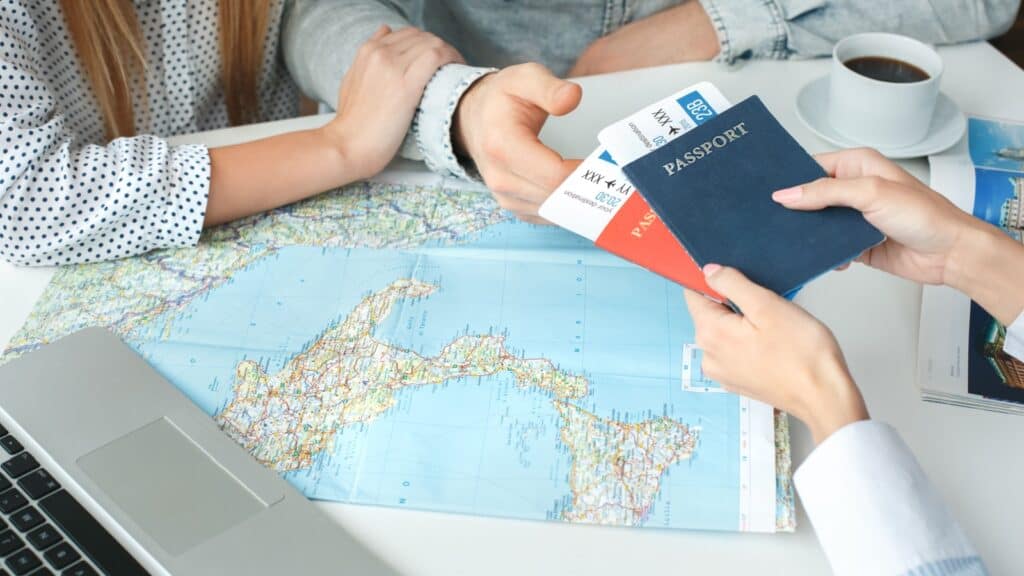
Exercise prudence by insisting on full disclosure of all pertinent details before finalizing your booking. Verify the precise location of accommodations, ensuring that it aligns with your expectations and matches the representations made by the provider.
Get Documentation

Request comprehensive documentation outlining cancellation and refund policies to preempt any potential disputes. Scrutinize the terms and conditions meticulously, paying close attention to hidden fees or restrictive clauses that may compromise your rights as a consumer. By prioritizing transparency, you can mitigate the risk of unpleasant surprises and make informed decisions that align with your travel preferences.
Beware of Red Flags

Remain vigilant for telltale signs indicative of fraudulent activity. Exercise caution when prompted to remit payments via wire transfer, gift cards, or cryptocurrency, as these methods are favored by dishonest operators seeking to evade accountability. Refrain from engaging with entities that exhibit reluctance to furnish essential documentation or employ coercive tactics to secure payments.
Ignore Unsolicited Contact

Be wary of unsolicited emails or phone calls offering unsolicited travel deals, as these may be phishing attempts aimed at harvesting sensitive information or defrauding unsuspecting individuals. Trust your instincts and exercise caution when encountering offers that appear too good to be true, as they often serve as a guise for fraudulent schemes.
Get Ready To Go!
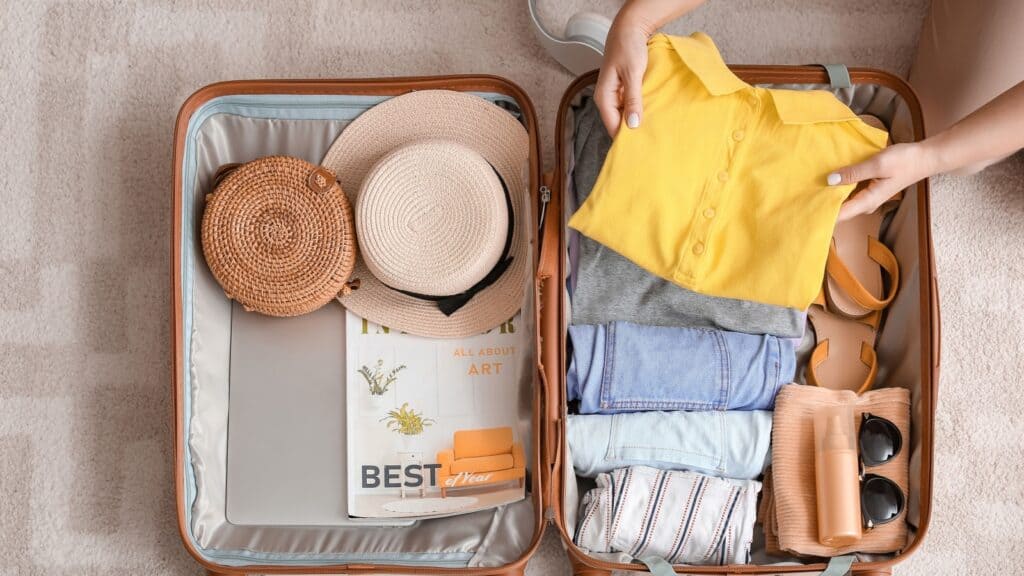
Once plans are made, there are still steps to take to ensure a safe trip.
Digitize Essential Documents
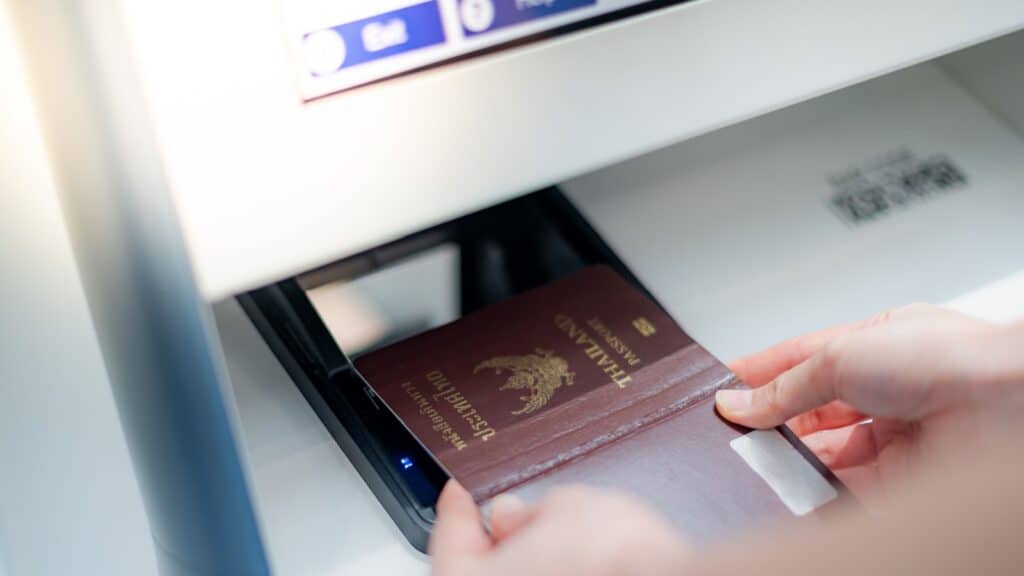
Your travel documents are invaluable assets that require protection. Start by digitizing important documents such as your passport, identification cards, prescriptions, and credit cards. Store electronic copies in secure online vaults or password-protected folders. This precautionary measure allows for swift action in the event of theft or loss, enabling you to mitigate potential damages effectively.
Minimize Cash Exposure
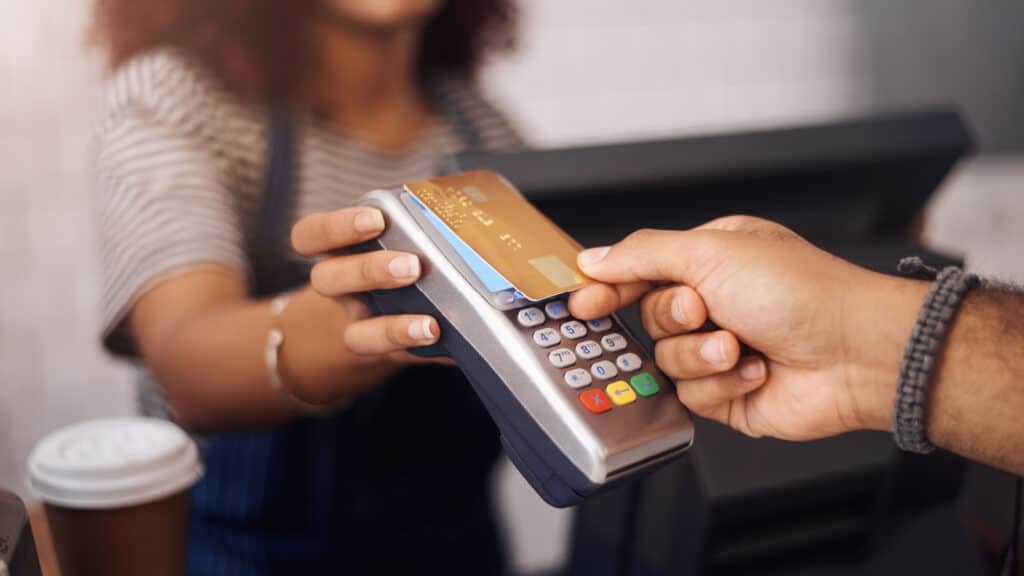
While it’s prudent to carry some cash for emergencies, relying primarily on credit cards offers added security. Limiting cash reduces the appeal to opportunistic thieves and provides recourse in case of unauthorized transactions. Prioritize credit cards with no foreign transaction fees for seamless transactions abroad. Beware of offers to pay in US Dollar vs local currency as the exchange rates quoted are often not in your favor.
Hotel Safety

Once you have landed at your destination you are probably looking forward to getting settled in your hotel room. There are some important safety guidelines that are essential for ensuring an incident free stay. Take a read of the 10 Hotel Safety Tips from a Former Intelligence Officer and Woman’s 7 Tips for How to Stay Safe in Hotel Room Spark Debate.
This post may contain affiliate links. Please see our disclosure policy for details.
We never stay at hotel without a door security device. You can find a wide selection of them over on Amazon.
Blend In with Local Culture

Adopting local customs and attire can diminish the perception of being a tourist, thereby lowering the risk of targeted crime. Embrace the local culture, blend in with your surroundings, and exercise caution when consulting maps or electronic devices in public areas. Familiarize yourself with your itinerary beforehand to minimize reliance on navigation aids while outdoors.
Share Itinerary and Establish Communication Protocols

Keep trusted individuals informed of your travel plans and itinerary. Regularly check in with designated contacts to provide updates on your whereabouts and well-being. Establish clear communication protocols, including predefined safe words or signals, to discreetly signal distress or emergency situations.
Stay Informed About Travel Advisories

Stay abreast of travel advisories and updates issued by relevant authorities, such as the U.S. Department of State for destination-specific risks and potential hazards to make informed decisions regarding your travel plans. Remain vigilant and adaptable, adjusting your itinerary as needed to mitigate exposure to evolving threats.
Enroll in Smart Traveler Enrollment Program (STEP)

Take advantage of the Smart Traveler Enrollment Program (STEP) offered by the State Department. By registering your travel itinerary, you’ll receive timely security updates and assistance from the nearest U.S. Embassy or consulate in case of emergencies. This invaluable service enhances your safety and facilitates seamless communication during your travels.
Notify Financial Institutions of Travel Plans
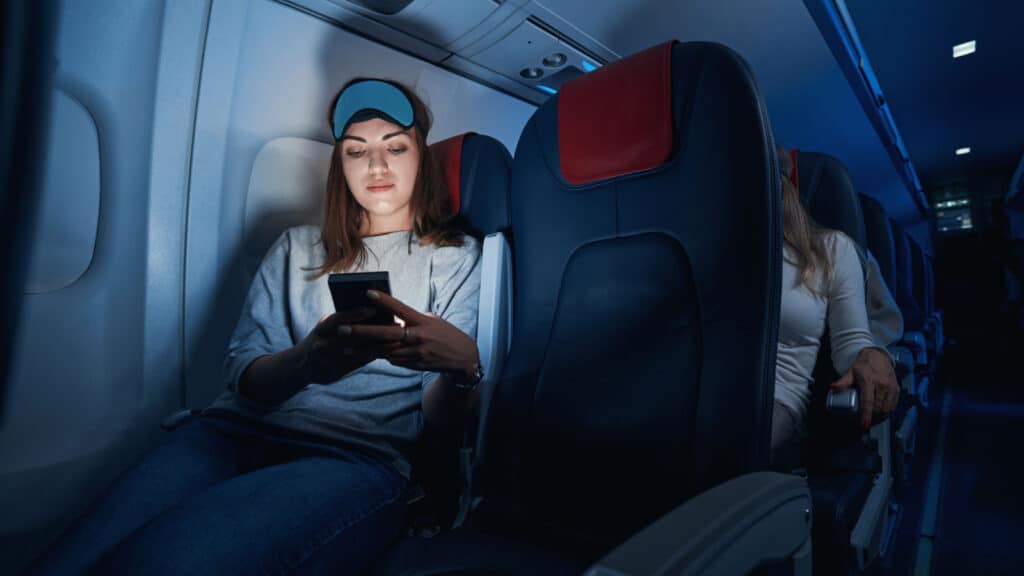
Notify your bank and credit card issuers of your travel dates and destinations to prevent disruptions in financial transactions. Many financial institutions offer online platforms for travel notifications, minimizing the risk of account suspensions due to suspected fraudulent activity. Consider carrying backup credit cards for added peace of mind.
Exercise Caution on Public Wi-Fi Networks

Protect your digital privacy and sensitive information by exercising caution when accessing public Wi-Fi networks. Utilize reputable virtual private network (VPN) services to establish secure connections and encrypt data transmission. Avoid transmitting sensitive information over unsecured networks to mitigate the risk of unauthorized access by cybercriminals. Download this Cybersecurity While Traveling Tip Card
Invest in Travel Insurance
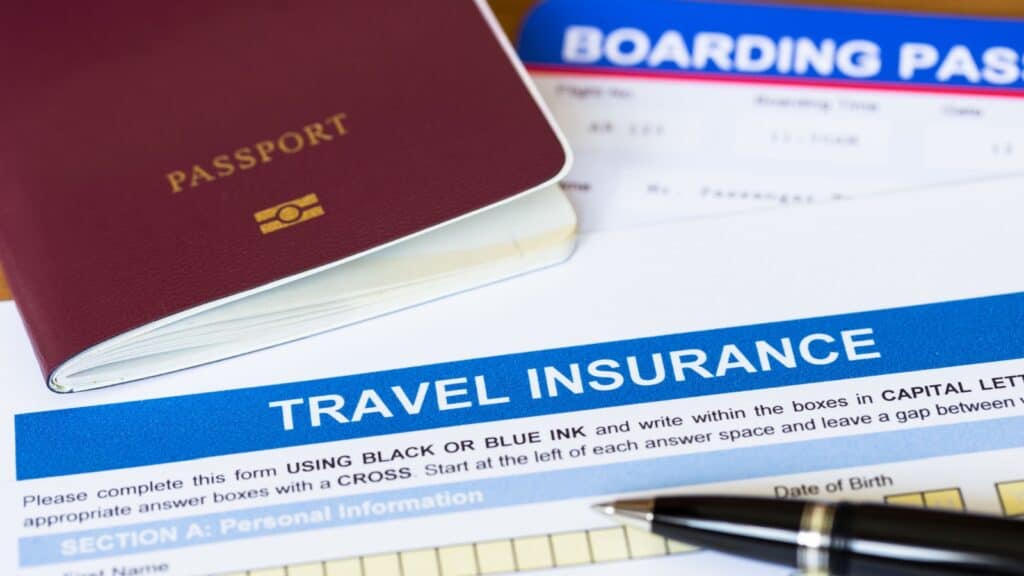
Prioritize your physical and financial well-being by investing in comprehensive travel insurance coverage. A robust travel insurance policy offers financial protection against medical emergencies, trip cancellations, lost luggage, and unforeseen disruptions. Evaluate policy options carefully to ensure adequate coverage for your specific travel needs and destinations. Read through the reviews here 11 Best Travel Insurance Companies Of March 2024
The Takeaway

Traveling safely is not merely a matter of chance but a deliberate pursuit of preparedness and awareness. By implementing the aforementioned strategies and incorporating them into your travel routine, you can embark on your adventures with confidence and resilience.
Your peace of mind and financial security are paramount, ensuring that your travel memories are cherished for all the right reasons.
Remember, an informed traveler is an empowered traveler. Bon voyage!
Your Guide To Landing Refreshed: Best Red-Eye Travel Strategies

Where are you traveling to? Somewhere exotic, or a favorite place you return to again and again? Are you taking an overnight “red-eye” flight? There is a reason why they call it a “red-eye”!
We asked some travel experts and frequent flyers for their best tips.Read: Your Guide To Landing Refreshed: Best Red-Eye Travel Strategies
Join Us

Join us on this empowering journey as we explore, celebrate, and elevate “her story.” The Queen Zone is not just a platform; it’s a community where women from all walks of life can come together, share their experiences, and inspire one another. Welcome to a space where the female experience takes center stage. Sign up for our newsletter so you don’t miss a thing, Queen!








